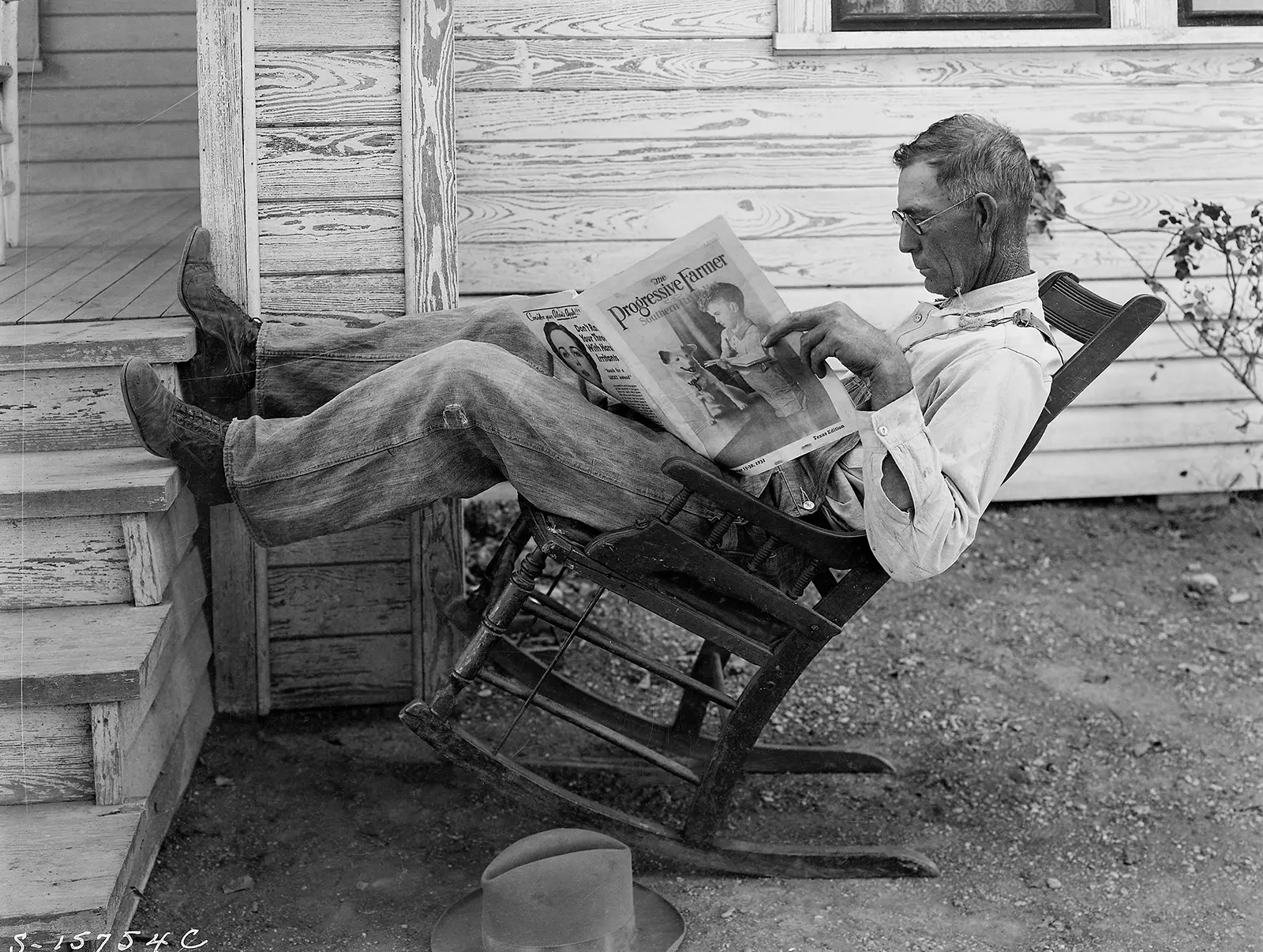“Introduction to Ivan Illich.” Deacon Christopher May will be teaching a summer course for The Maurin Academy on Illich, beginning June 17: “Although we will sometimes talk about one or another of his books, the primary goal of this introductory course will be to examine the themes that are found throughout his body of work: Conviviality, tools, alienation, disembodiment, commodification, respect for limits, especially the necessity to limit consumption, and the damage done by institutions that develop in ways that undermine their original intentions. A personalist, Illich wants to prioritize relationships over consumption, and autonomy over dependency.”
“Finally, a Tech Book That Doesn’t Pull Punches.” Brad East gives Clare Morell’s new book a ringing endorsement: “Every day, it seems, there’s a new book about technology, and most of them are boring or bad. . . . I am here to tell you that Clare Morell’s new book, The Tech Exit: A Practical Guide to Freeing Kids and Teens from Smartphones, is the exception to this rule. Morell does not lack the courage of her convictions. She does not shy away from the problem. She does not flinch at the crisis faced by families, schools, and churches today. Her writing packs a punch.”
“Parents are Discovering the Secret to Keeping Kids off Smartphones.” In this op-ed, Clare Morell distills her argument for the importance of making decisions about technology use alongside others: “The one common denominator in all these ‘Tech Exit’ families is they start by rejecting the premise of the inevitability of smartphones and then build their plans from there.”
“Natural Law Does Not Lead to the Unbound Executive.” Nathan Beacom defends the natural law tradition from Vermeule’s Schmittian interpretation of it: “Vermeule’s theories, however, should not be taken as representative of the tradition whose language he borrows. Rather, his project is fundamentally Schmittian and should be distinguished from wider theories about natural law and the common good. The significant and serious risks in Vermeule’s project are not inherent in either natural law or common good political thought themselves. It would be a shame to throw out a tradition of thought, the tradition of natural law, that has so much to offer our public life because of a certain odorous bathwater.”
“We’re All Living in a Carl Hiaasen Novel.” Amy Weiss-Meyer profiles the Florida writer and novelist and considers the risks of political humor: “Hiaasen spends much of his free time fly-fishing for bonefish and tarpon, and many of the most memorable scenes in his fiction take place in nature. His protagonists are typically people who love the outdoors and its creatures, and are willing to go to great lengths to prevent the pillage of the environment by ruthless developers who have succumbed to what he calls, in one book, ‘the South Florida real-estate disease.’ His best-known recurring character is a wild-haired, one-eyed man named Skink, who lives off the grid in the Everglades and eats roadkill for dinner; for fun, he shoots out the tires of tourists’ cars.”
“In Praise of Daydreams.” Robert Wyllie reviews Byung-Chul Han’s newest book and considers how it fits into the arc of Han’s previous books: “Boredom and love underwrite different attitudes to death, to the history of philosophy, to others, and to the world. Is Han inconsistent? Is he fundamentally a pluralist? Are boredom and love different remedies that correspond to different crises of modernity? The Spirit of Hope does not so much resolve this tension as develop beyond it; hope is the fundamental mood that addresses the polycrisis comprehensively.”
“For Some Recent Graduates, the A.I. Job Apocalypse May Already Be Here.” Kevin Roose looks at early trends that indicate how AI is reshaping the kinds of jobs that people do: “This month, millions of young people will graduate from college and look for work in industries that have little use for their skills, view them as expensive and expendable, and are rapidly phasing out their jobs in favor of artificial intelligence.”
“Cigar Rumination #2.” Brian Miller ponders eternal questions from the woods: “I fancied myself the village atheist for many years, until I looked around one day and realized the villagers had usurped my position. So ever the contrarian, I began to farm, and found myself, to my surprise, standing in the vestibule of a now mostly empty church, listening for the words.”
“Inside the Creepy, Surprisingly Routine Business of Animal Cloning.” Bianca Bosker dives into the weird and disturbing world of making creatures: “Once confined to research labs, the technology has become reliable and lucrative enough to be the basis for companies around the world, which are churning out clones of super-sniffing police dogs, prizewinning show camels, pigs for organ transplantation, and ‘high-genomic-scoring’ livestock—which is to say, ultra-lactating dairy cows and uncommonly tasty beef cattle. The top-ranked polo player, Adolfo Cambiaso, has more than 100 clones of his best horses and once won a match riding six copies of the same mare at different points throughout the competition. At a 2023 championship game, all four members of his team rode clones of that mare to face off against their opponents—who were mounted on the clones’ offspring. A video homage to the cloned horse listed her birth and death dates as ‘3 February 2001–∞.’”
“MacIntyre the Mentor.” Rachel Lu recalls MacIntyre and his style of mentoring, and she ponders his influence on generations of students: “It was an unhappy conundrum. MacIntyre set young minds ablaze, instilling a sincere zeal to join the quest for wisdom and the Good. But he also gave us reason to think that our odds of finding it were bleak. Morality is learned in the context of cohesive communities. How many of those do we have nowadays? His lectures were filled with references to fishing crews, small hamlets, religious orders, and other exemplars of the types of communities he thought human beings needed to thrive. After a while, one started to wonder: Must I become a fisherman or a nun to lead a good life? Clearly, modernity was fundamentally ill. Virtue was the cure. But we benighted moderns were hard-pressed even to understand what virtue meant, so what was to be done?”






